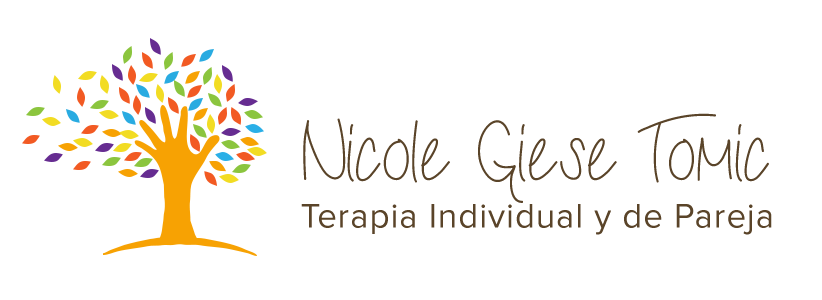Therapeutic Approach
I see my role as a therapist like someone that accompanies and help consultants to expand their vision related to what is problematic in their lives at that moment. Changing their discourse and way of understanding things helps to identify different possibilities of what they can do that they haven´t thought before. In this context, it is necessary to remember that the consultants are conceived as the experts in their own lives, therefore I see them as active agents and owners of their own history, with the right and responsibility of taking decisions.
In my experience as a psychotherapist, I have developed a vision of therapy as an reflective and active process. The main actors in that process are the consultants that create their own transformation. The way of constructing that transformation is to focus the attention in their resources and potential, so we can narrate a new story from their tools and not from their flaws.
It is necessary to develop a global and integral conception of the issues to be able to change the perspective from which people have deal with their situations and that haven´t been functional. Therefore, mi intention is to co- create new definitions around the problem and new options on what to do about it.
Regarding to the way of leading the process, I rely mainly in the systemic and humanistic approach. I use tools from different approaches because it allows me to have a richer observation, analysis and creation of the process. From the systemic approach the main idea is to understand the dynamics that the different systems (couples, families, etc.) have created around the problem as a result of the interactions that are established in a particular context. That is why it’s so important to know what happens between the people involved. That also depends on the situational and historic context, personal history and prejudices or premise that each person has about what is going on. This is why I don´t choose to have my attention in pathological categories, because despite they can help to describe situations, on the other hand they tend to individualize explanations and make really hard to have a dynamic perspective of what’s happening. That makes harder to see your possibilities of action and transformation. We need to support ideas that help seeing people in a dynamic way instead of looking for descriptions that explain them from a static comprehension. On those cases people tend to convert themselves in their diagnosis, impoverishing the concept of what they are.
Regarding to the humanistic approach I tend to use some techniques that helps people to concentrate on their experience from a corporal and emotional dimension, allowing them to have a direct access to their experience, noticing some things that they usually don´t pay attention to. This brings new elements and tools for the reflective and collaborative process of psychotherapy.
